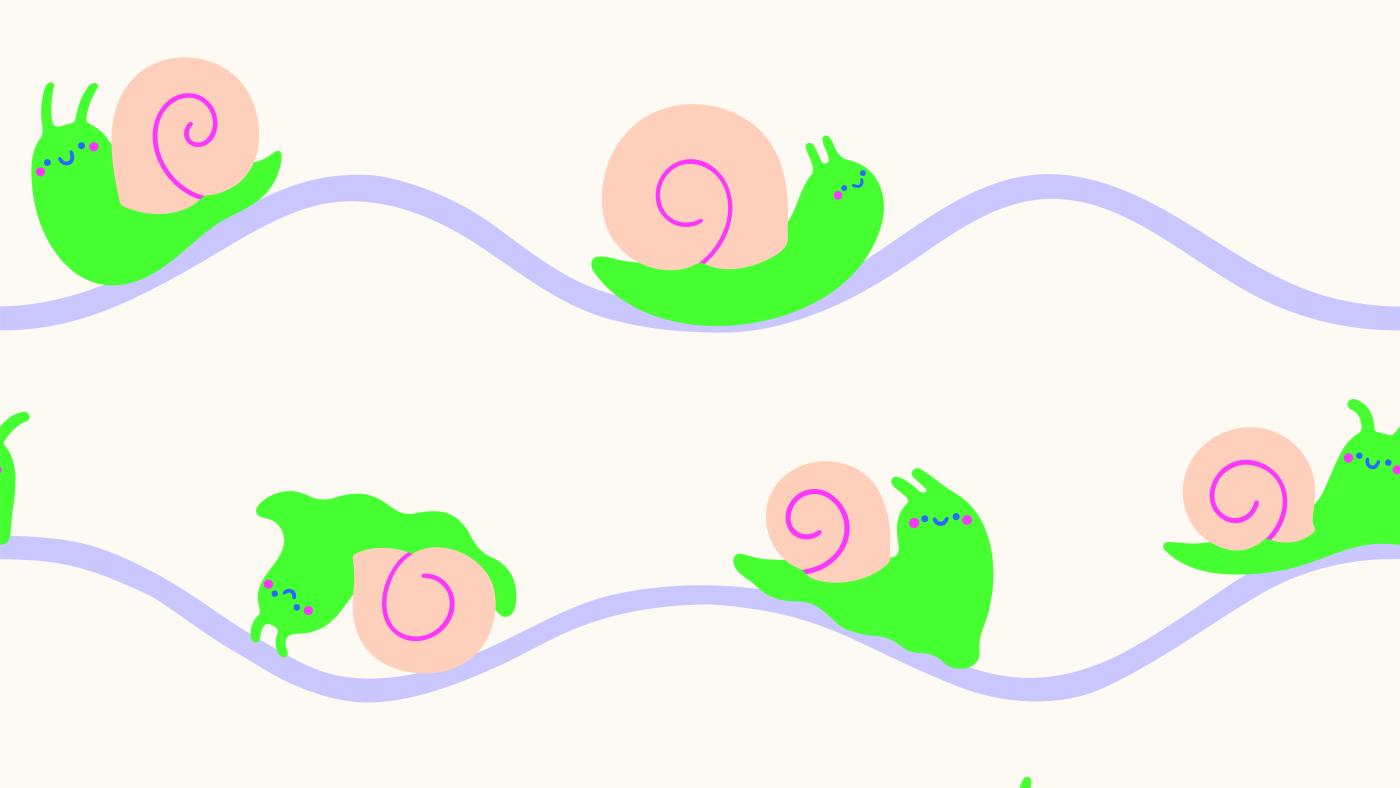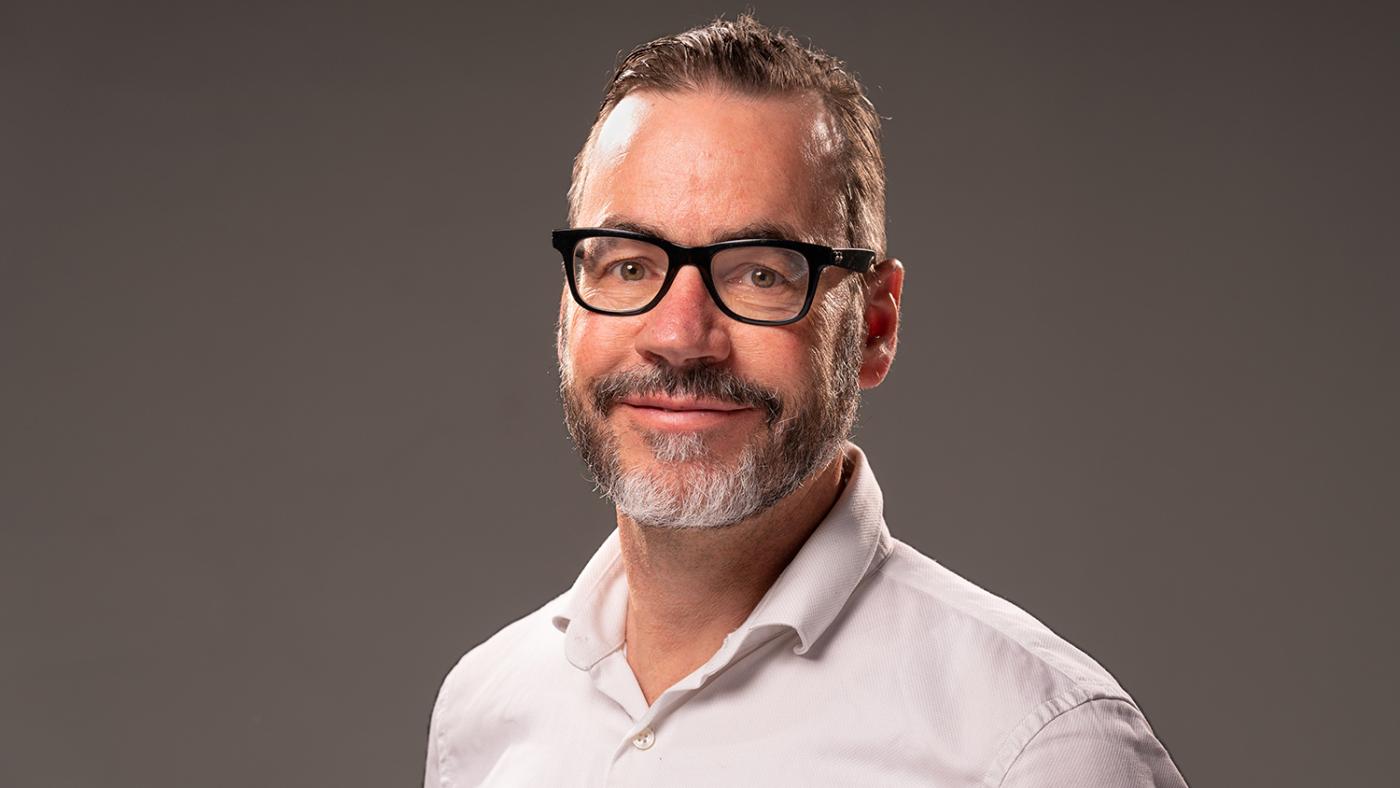LinkedIn post goes viral
UU Professor calls for ‘slow academia’

Albert Meijer was feeling 'good, energetic and in balance' after a sabbatical of almost six months, during which he had plenty of time for his daughter, books and hikes. That feeling quickly faded away in August, when he returned to Utrecht University and was once again consumed by its ever-turning machinery: answering emails, preparing meetings, reviewing papers, assessing theses, and so on.
‘It felt like a shock when I jumped back on the work train,’ Meijer writes in a LinkedIn post. ‘Is this really how we want academic life to be?’ wonders the professor of Public Innovation. He concludes the post with a call to action: ‘Let's create a slow academia!’
His message has been liked by almost 1,200 people and reposted by thirty. It has also gathered nearly a hundred approving comments. ‘Apparently, many people feel the need to share that they are uncomfortable with the dominant culture of doing more and more and more,’ says Meijer.
A word of encouragement
The professor says he knows he is neither the first nor the only one to be concerned about the consequences of the heavy workload that prevails in academia. His post is intended to offer a word of encouragement to junior researchers who feel as though they must excel on all fronts – research, teaching, impact, and collaboration. ‘The pressure they experience is also felt by seniors like myself.’
Meijer has noticed that the comments under his post reveal a wide range of concerns. 'Some emphasise what academics can do as individuals, while others emphasise how we have organised our work processes at the university. Still others believe that we should not only work on the sustainability of the world, but also the sustainability of our own work. Finally, one of the comments placed the whole issue in the context of the speed and pressure of capitalist society, in which “performance” and “impact” are demanded of universities.'
Meijer says he does not mean to start a new project or anything of the sort. 'That would only increase my work pressure.' Above all, he hopes that the idea of 'slow academia' will encourage administrators ('including myself') to reflect on their own management style and expectations. ‘We must ensure that academia remains a valuable place to work, both for ourselves and, above all, for young researchers.’
The professor concludes: ‘The beauty of the term “slow academia” is that it not only outlines what we don't want – less work pressure – but, above all, what we do want – depth and deceleration.'

Photo: Ivar Pel
Een ingebedde link naar het desbetreffende LinkedIn post zou fijn zijn. Verder helemaal mee eens - de mens was nooit ontworpen om continu te draaien, als een fabriek. Omarm daarom rust en vertraging. Op termijn zijn ze essentieel voor een gezond en voldoendend bestaan.